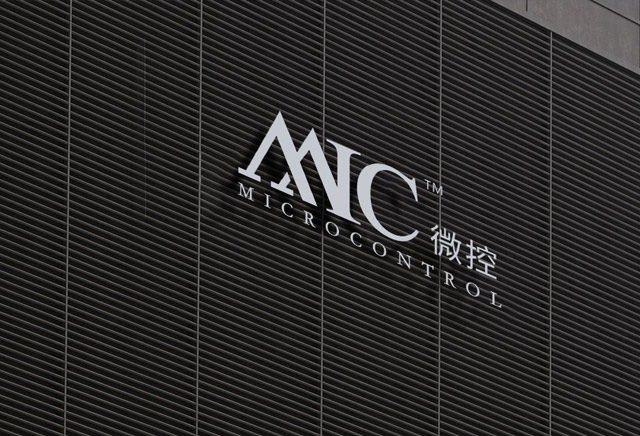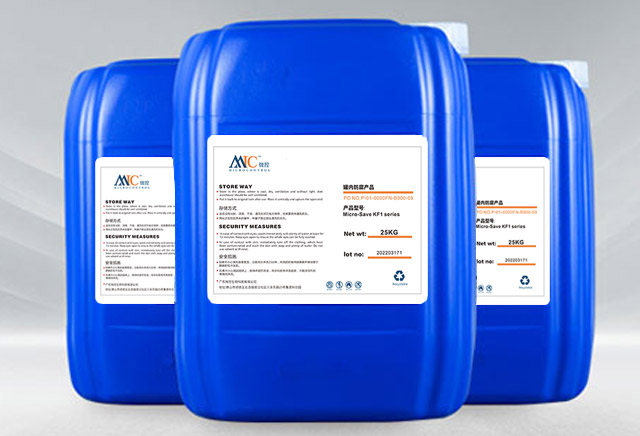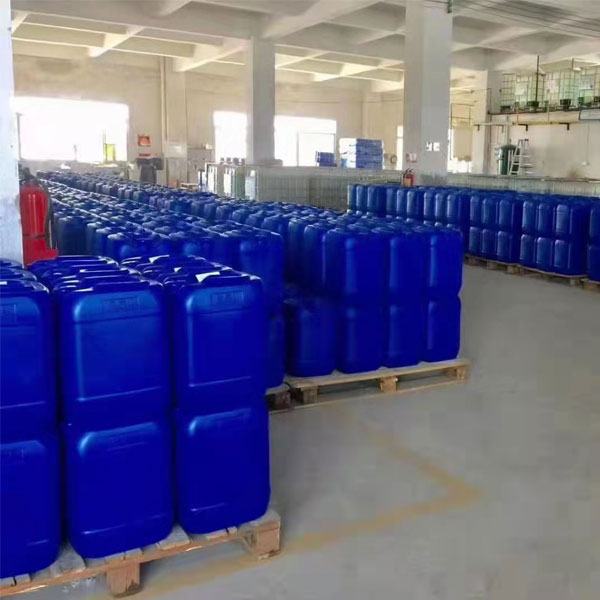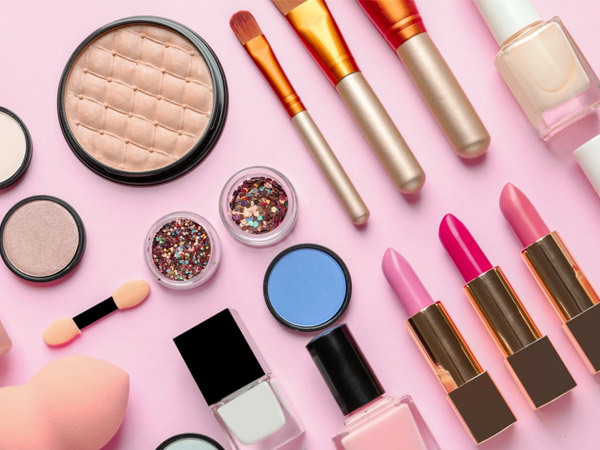At present, there is no preservative system in popular cosmetics
High nutritional cosmetics must have anti microbial substances. Cosmetic preservatives are generally "substances added to cosmetics for the purpose of inhibiting the growth of microorganisms in cosmetics". Its function is to prevent the deterioration of cosmetics in production, use and shelf life, which will damage the health of consumers. At the same time, the prevention of secondary pollution mainly depends on preservatives.
The preservatives used in cosmetics listed in the safety technical specifications for cosmetics (2015 Edition) must comply with the provisions in the table, including the maximum allowable concentration, scope of use and restrictions, as well as the use conditions and precautions that must be marked on the label. The preservatives listed in the regulations mainly consider that under the conditions at that time, the preservatives listed have obvious bactericidal and antiseptic effect, and the toxicity is safe when the addition amount does not exceed the maximum limit. With the progress of science and technology and the test of practice, some preservatives in the list will be removed, and some substances may enter the list. Therefore, preservatives within the scope of regulations change with the revision of regulations.
From the above point of view, it will be found that the concept of no preservative is contrary to the appellation of scientific knowledge. After all, some substances have anti-corrosion effects. These substances are neither included in the 51 preservatives in the technical specification for the safety of cosmetics (2015 Edition) nor among the more than 1000 substances prohibited in cosmetics in the specification. Therefore, it seems reasonable to call these substances with certain anti-corrosion effects as no preservatives. In any case, the rise of no added preservatives is a progress in cosmetics production, because the toxicological safety of no added preservatives is much higher than that of traditional preservatives. It is more scientific to call it green preservative or low toxic bacteriostatic agent without added preservative. However, in a commercial sense, the concept of no preservative can attract more consumers and bring a larger sales share to cosmetics manufacturers. The prohibition of some traditional high-efficiency preservatives is the driving force for the rapid development of non added preservatives. The public's attention to toxicological safety and irritant attention are the basis for the expansion of non added preservatives.
The main combination of biological R & D and production without adding preservatives is: polyol compound octyl hydroxamic acid series products, two or more diol compositions with chain length (straight chain) of 5 to 10 carbon atoms, which show synergistic antibacterial effect on some bacteria. There are many compounding schemes of these polyols, but they all need microbial experiments to verify whether they have mutual synergy, and they may also inhibit each other, which is not feasible. Through many years of experimental data, test and analysis, and according to the technical characteristics of its own company, Jian Kai laboratory has compounded a series of medium and high-end products without preservatives. The market feedback is very good, which has created a good reputation in the industry and made it a winner in microbial control and preservative technology.
For the popular production of non additive cosmetics, the key lies in the choice of non additive preservatives. There are many varieties without preservatives. At present, alcohols are popular: pentanediol, hexanediol, propylene glycol, butanediol, octyl glycol, phenylethanol, etc. Polar amphiphiles with medium carbon chain length: ethylhexylglycerol, glycerol octanoate, glycerol decanoate, decanoic acid, sorbitan octanoate, glycerol undecanoic acid ester, etc. Organic acids: levulinic acid, Anisic Acid, octyl hydroxamic acid, etc. Ketones: p-hydroxyacetophenone, etc. In fact, the compound use of the above substances has become the mainstream without adding preservatives in the market.







